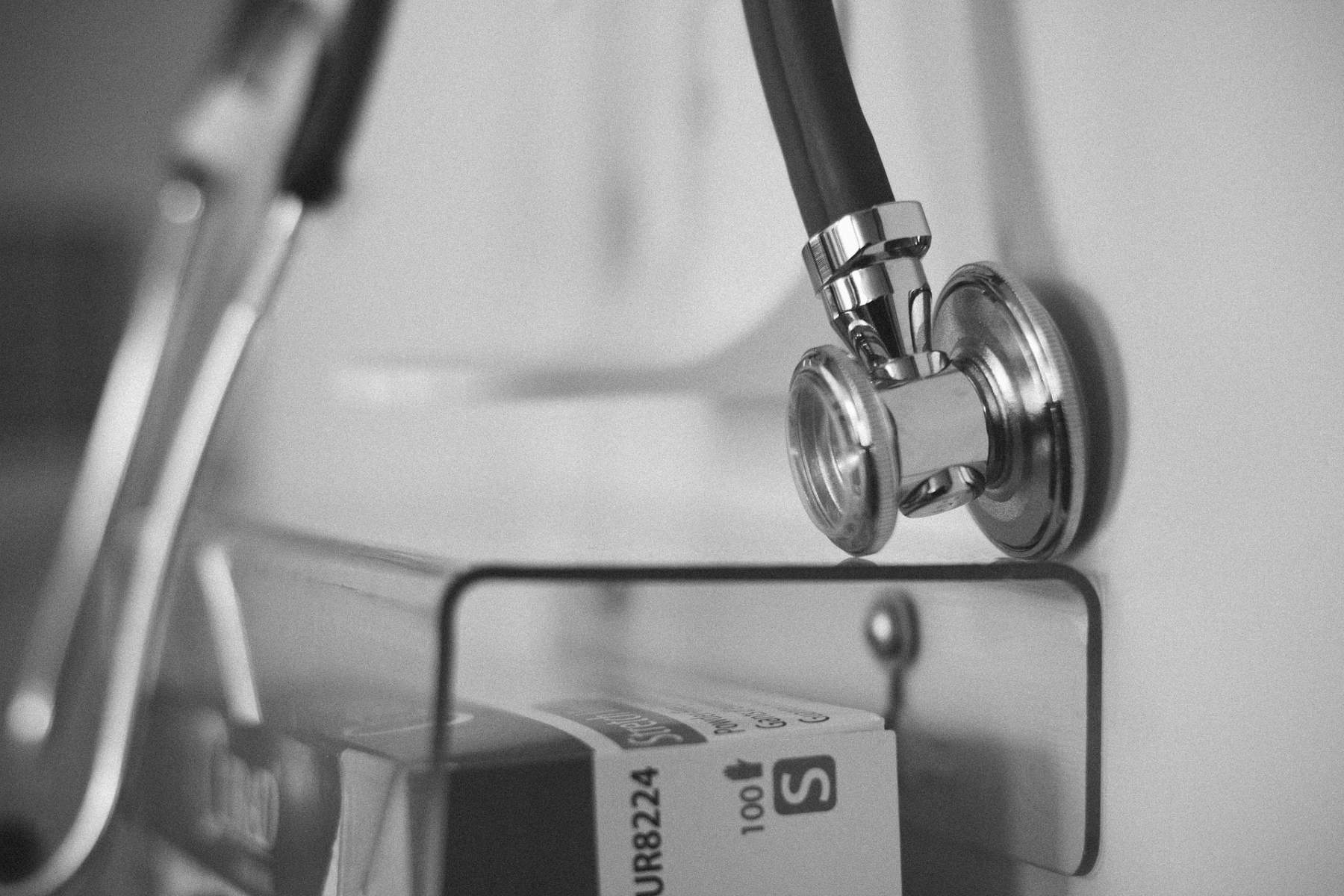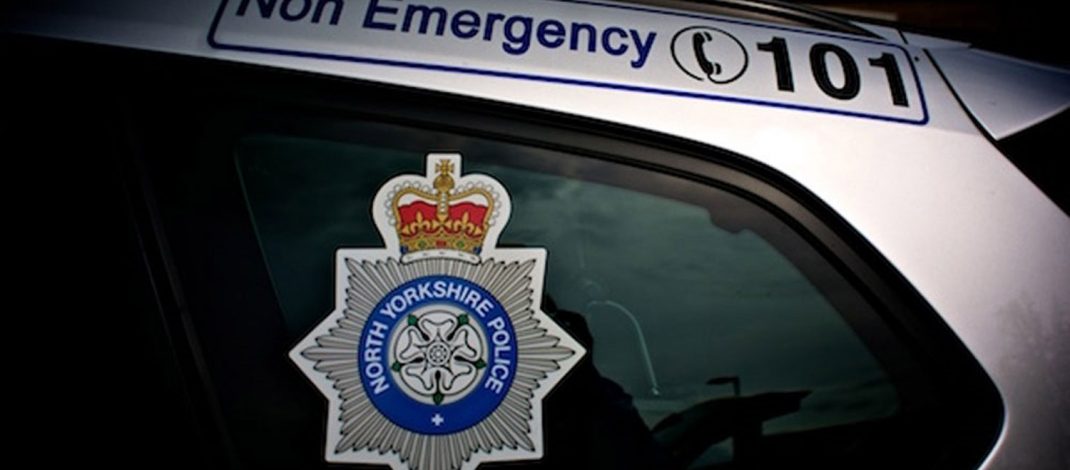The UK’s public medical system is world-leading, as the quality of care outstrips that of the vast majority of other countries around the world. But the NHS as an institution is struggling, due to increased pressures on individual wards and steady real-term cuts to funding.
Healthcare professionals have a duty of care to their patients, which requires them to act in the best interests of the patient and their health. As the NHS continues to struggle, the risk of receiving sub-par treatment sadly increases – and with it, the chance of medical negligence taking place. But how do you know if you have been the victim of medical negligence?
What is Medical Negligence?
First, it is important to properly define what we mean by medical negligence. In essence, medical negligence is the failure of a doctor, nurse, healthcare professional or body to uphold their duty of care to you as a patient. Medical negligence claims typically arise in the form of errors made in surgery or drug prescriptions, but there are many other ways in which you can suffer negligent behaviour. What are some of the hallmarks that not all may be right with your care?
Your Condition Does Not Improve
The simplest clues are often the most telling. You will have visited a doctor or professional for treatment after noticing some troubling symptoms. If you have received care, and yet your symptoms have remained, this could indicate that the root cause of your condition was not properly identified or treated.
Your doctor may have misdiagnosed you, and prescribed you an ineffective treatment for a condition you do not have. Alternatively, they might have misprescribed you – either by giving you the wrong dose of a medicine or the wrong medicine entirely.
Different Symptoms Emerge
The above outcomes could also lead to the addition of symptoms to your condition. If you notice your symptoms change as opposed to disappearing, this could be an indication that something else is going on with you as a result of your treatment.
The prescription you received could be caused a negative reaction in your body. Alternatively, if you underwent surgery, you could be suffering the side effects of a surgical error – as experienced by two unfortunate patients who underwent gallbladder surgery with the same surgeon, and suffered lifelong injuries as a result of his mistakes.
A Doctor’s Second Opinion Differs
A surefire way to discover whether or not you have been a victim of medical negligence is to visit a different doctor or healthcare professional for a second opinion. This is typically useful for cases of misdiagnosis, where a second doctor can re-evaluate your symptoms and discern whether or not your treatment is suitable. However, you can also use a second doctor to evaluate the performance of the first and to uncover any issues arising from long-term surgical or medicinal interventions.






